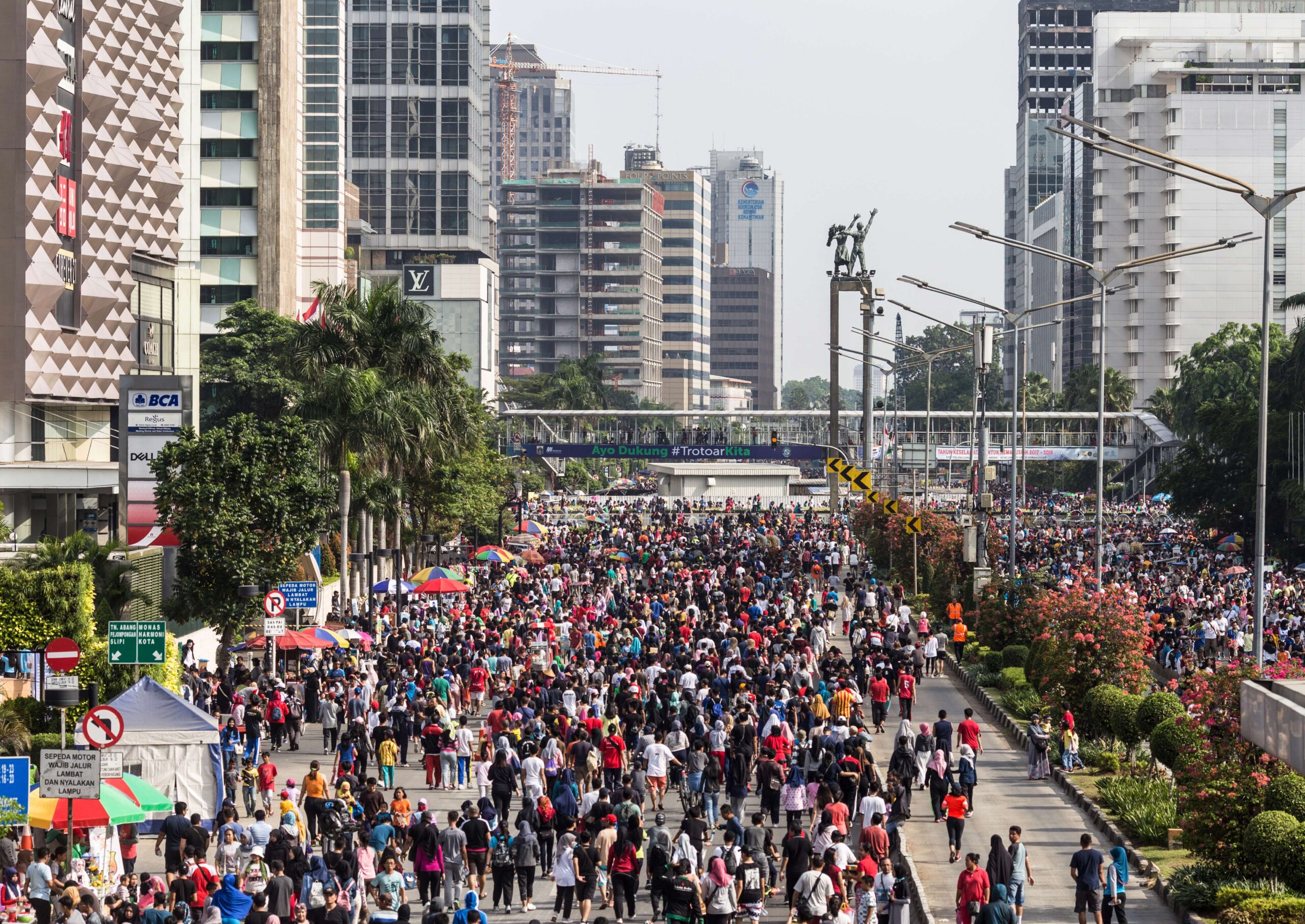-Theo Holland
To a casual observer, resilient emerging market (EM) economies might sound like an oxymoron. However, much has changed in the past two decades and some countries have found their recipe for increased strength. What are their secret ingredients for success?
We look to emerging market debt as a source of attractive income for our Multi Asset Income Strategy. It is easy to identify the highest yielders in the emerging market world today. It is a much more complicated task to look for income that can withstand shocks and give our clients the resilience they are looking for.
We see evidence that the quality of institutions, rule of law and the effectiveness of the government can determine the winners and losers when investing in emerging market debt. Emerging markets often need foreign capital to grow but not all capital inflows are created equal. Countries with weak governance attract skittish short-term investors who can flee at the first sight of trouble, just when the country might need the funding the most. In contrast, improved governance makes the local investment environment more predictable, providing ground for long-term committed investment into real business assets that can help carry the country through an eventual rough patch and build foundations for long-term growth. These are the same characteristics that make such countries attractive to Actual Investors.
However, these changes do not happen overnight. In a market fixated on the latest headlines and short-term data releases, the incremental changes that ultimately shift a country’s fortune can go easily unnoticed. That is why using a long-distance lens is crucial. Our research process interrogates the future. We ask: Where is a country heading? How can change happen? Who makes key decisions?
CHANGING THE STORY
A great example is Indonesia, one of our favoured EM bond investments for the past six years, and one of the top performers since the inception of the local currency index.
In the late 1990s, emerging markets were swept up in the Asian financial crisis with currencies and markets in free fall. Indonesia suffered as well. In twelve months, the Indonesian rupiah depreciated by 500 per cent and the economy shrank by over 14 per cent. However, a decade later, the economy was growing by more than five per cent a year; external debt had fallen from 82 per cent of gross domestic product (GDP) to 30 per cent; the currency and inflation were stable. In fact, since the near meltdown of late 1990s Indonesia became so strong that it sailed through the global financial crisis, and along with China and India, was one of the few G20 economies to continue to grow.
Not all emerging economies shared the same success. Regional peers Malaysia and Philippines delivered below average returns despite a similar starting point. What changed the course of history was the decision Indonesia made to invest in itself.
Indonesia had a great deal of raw potential: a large, young population and abundant natural resources. To harness this potential, in 2004 Indonesia introduced a seminal 20-year plan to “establish a country that is developed and self-reliant, just and democratic, and peaceful and united” focusing on equality, infrastructure and the rule of law. Taken together, a pathway for sustainable growth was laid out.

Importantly, it was also executed as evidenced by the improvement in its World Bank governance rankings. By the time of the global financial crisis, fiscal restraint and reforms, alongside sound monetary management, made for a much stronger economic picture. On the social and institutional side, the introduction of multi-party democracy, increased decentralisation, an attack on corruption, a peace agreement in Aceh, and the development of respected institutions such as Bank Indonesia, the country’s central bank, underpinned the country’s recovery.
The effectiveness of a government and its mandate for change make the difference between empty words and action. Hence, we visit the countries we invest in, as well as consult with political experts and academics to understand the local power dynamic.
REAPING THE REWARDS
The improvement in governance has reaped significant rewards. In May 2017, the country achieved investment grade status and Indonesia can now borrow at much lower interest rates, helping its fiscal sustainability. It has also led to Indonesia being in the top 20 destinations for foreign direct investment in the world: one of only a few emerging markets to be on that list. This all points to potential for currency appreciation and stable and attractive bond yields.
The story does not end here. Indonesia will benefit from its potential to be the world’s largest nickel producer – enabling the electric vehicle revolution – and from its large population with investment opportunities for infrastructure and manufacturing as it moves up the development ladder. Good governance is a key enabler of these positive trends.
Indonesian bonds yield seven per cent – very attractive when compared to many over-indebted advanced nations with negative yields. Looking through the ‘EM’ label is vital to uncovering resilient income. As with all our country research, our approach to understanding Indonesia was driven by a focus on the importance of governance, on fundamentals, and an understanding that despite short-term noise these factors win in the long term.

